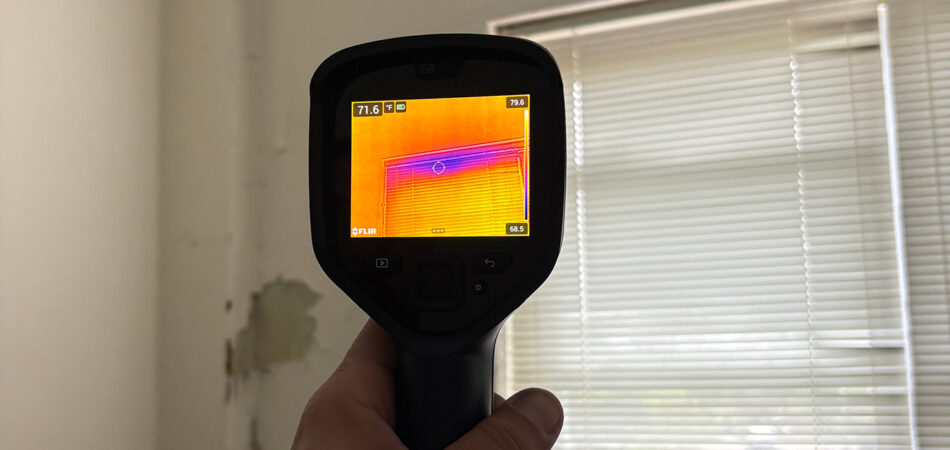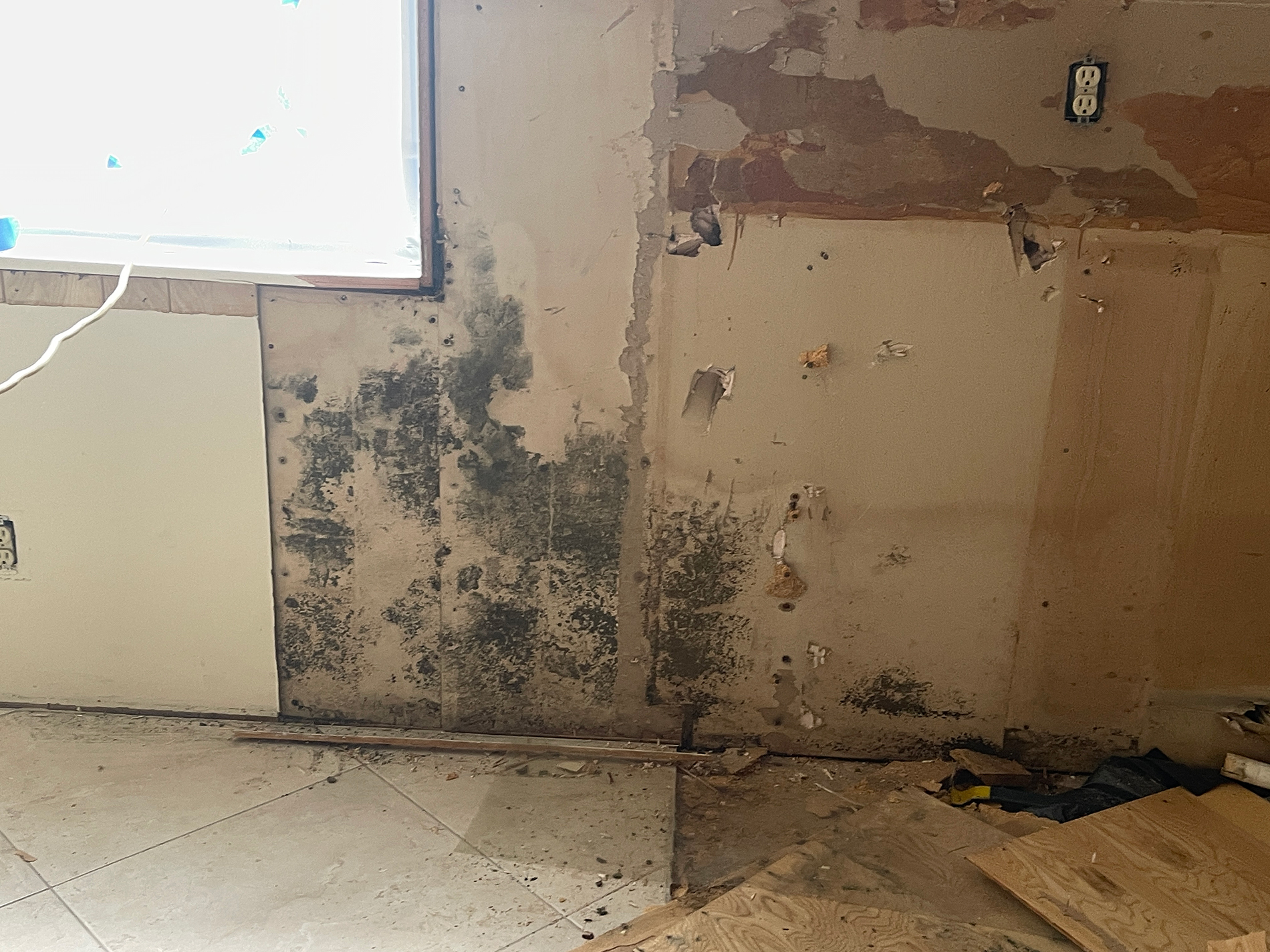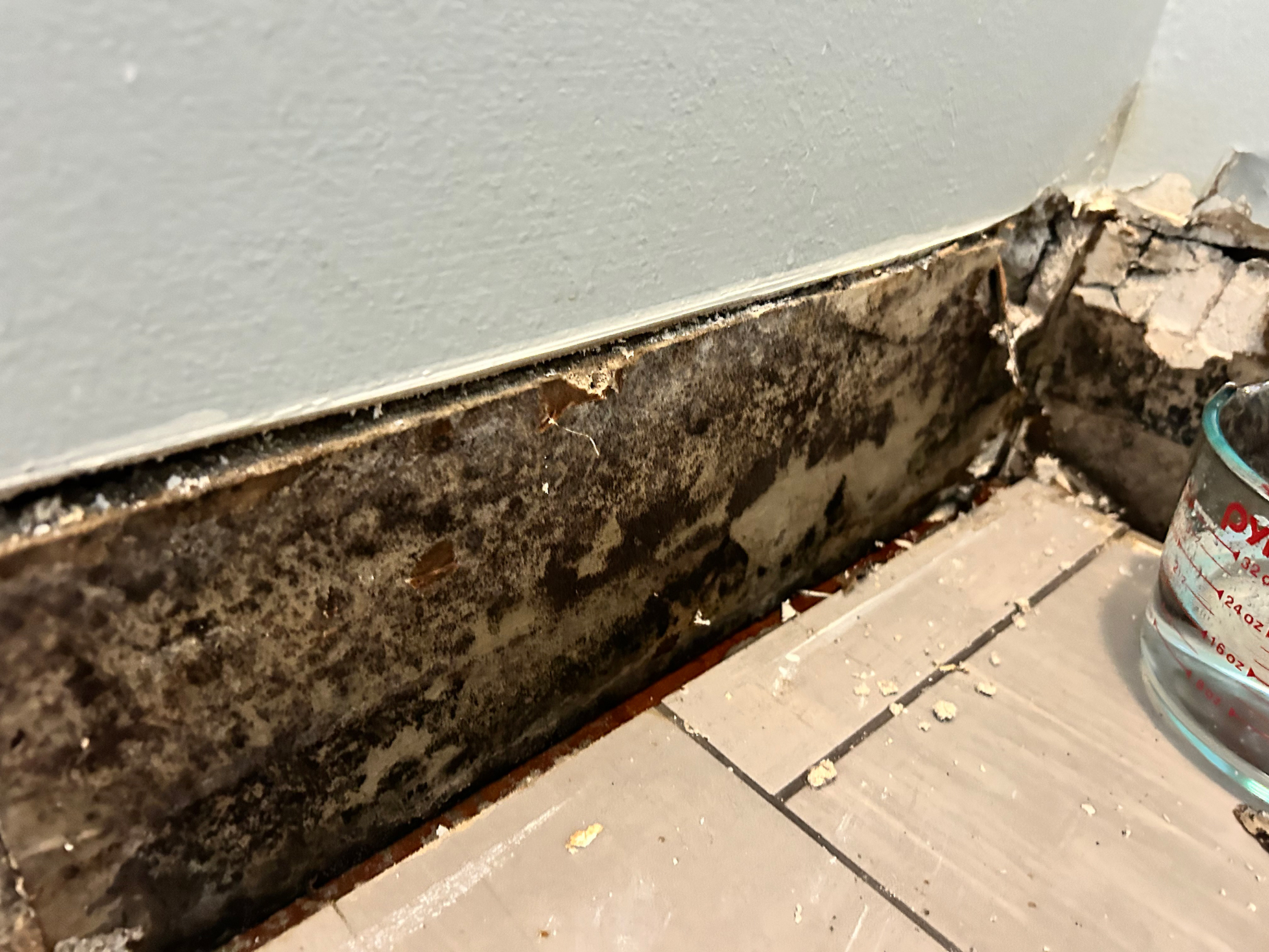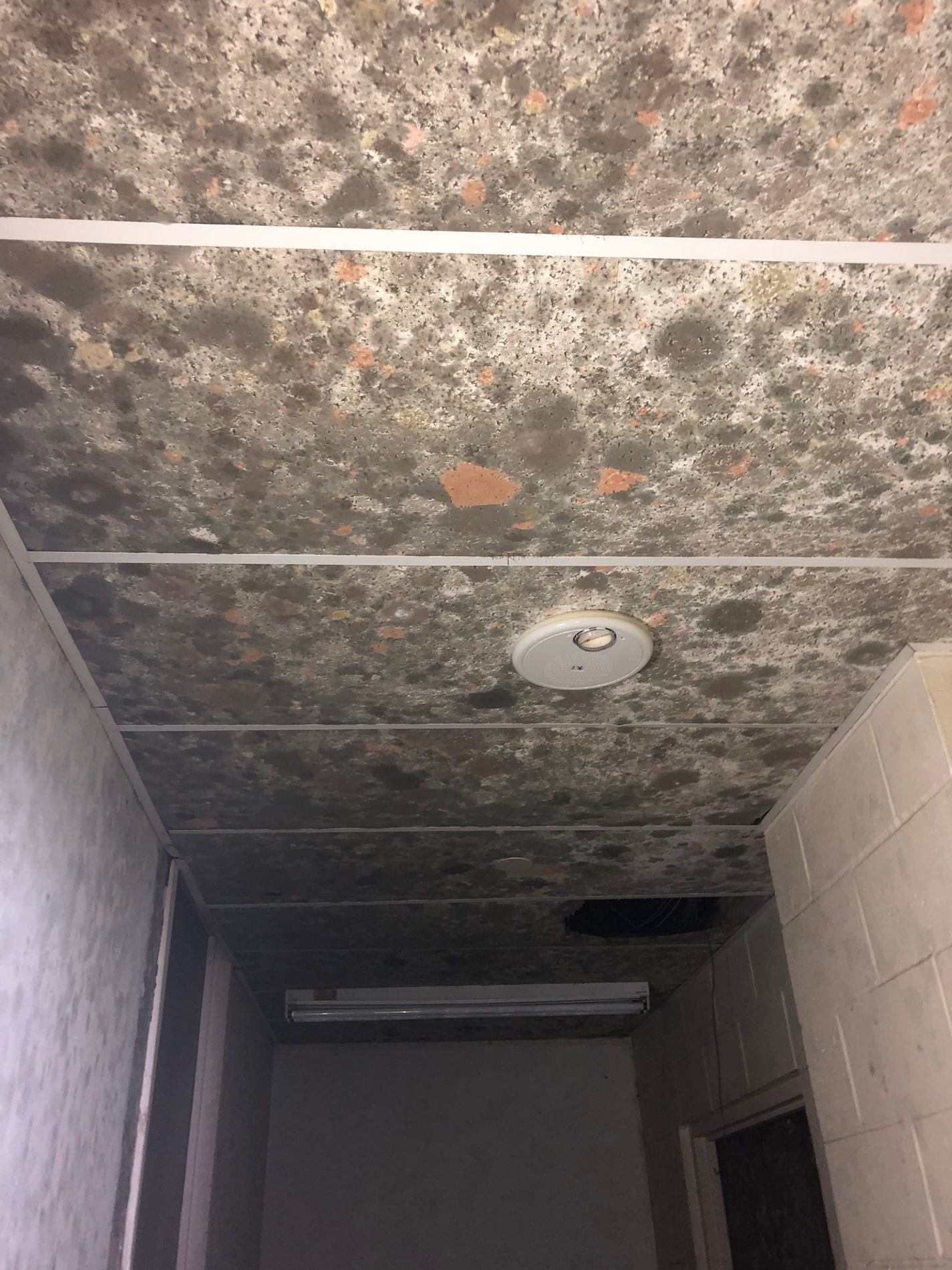One-Stop Solution for Environmental Consulting Services. Call Today: 318-780-5894
One-Stop Solution for Environmental Consulting Services. Call Today: 318-780-5894

Indoor air quality (IAQ) directly impacts health, comfort, and productivity. Hidden mold, volatile organic compounds (VOCs), and moisture intrusion can lead to respiratory issues, allergies, fatigue, and property damage. Whether you’re managing a commercial facility, residential building, or public institution, understanding the condition of your indoor environment is essential. At APEX Environmental Solutions, we provide thorough mold and IAQ inspections supported by expert consulting, giving you a clear roadmap to a healthier, compliant indoor space.

Mold growth and poor indoor air quality are serious and often hidden issues in both old and new buildings. They may arise due to unnoticed water damage, high humidity, HVAC system deficiencies, building envelope failures, or improper construction practices. Mold can lead to allergic reactions, asthma flare-ups, chronic sinus conditions, and even neurological symptoms in sensitive individuals. Other IAQ concerns, such as carbon monoxide, formaldehyde, radon, or off-gassing from building materials, also present significant health risks.
APEX takes a holistic, science-driven approach to inspecting for mold and evaluating IAQ. Our process includes:
We start with a consultation to understand your concerns. Whether it’s visible mold, musty odors, occupant health complaints, or water damage history, we tailor our inspection strategy to your building type and situation.
Certified inspectors perform a detailed walkthrough to identify visible mold growth, staining, water damage, and high-risk areas like basements, crawlspaces, attics, and behind walls. We also evaluate:

Using moisture meters, hygrometers, and thermal imaging cameras, we identify hidden moisture that promotes mold growth. This non-invasive technology allows us to detect leaks or trapped water behind walls, under flooring, and above ceilings.
Depending on findings, we may collect:
All samples are analyzed by accredited laboratories for fungal identification and spore counts. We also test for elevated levels of CO₂, carbon monoxide, VOCs, and particulate matter (PM2.5).
Results are compiled into a clear, easy-to-understand report that outlines:

After the inspection, APEX offers guidance on improving indoor air quality, mitigating health risks, and preventing future mold problems. We advise building owners, property managers, schools, healthcare providers, and construction teams on:
We also help develop long-term Indoor Environmental Quality (IEQ) management programs for commercial and institutional clients, especially those with LEED, WELL, or Fitwel certifications.
Common signs include persistent odors, respiratory irritation, fatigue, frequent illnesses, or visible mold. IAQ testing identifies hidden contaminants that may not be obvious.
No. Mold can grow behind walls, under floors, or inside HVAC systems. That’s why moisture detection and air testing are key parts of our inspection process.
Bleach may kill surface mold, but it doesn’t address spores, moisture, or deeper contamination. Improper cleaning can release spores and worsen the problem. Professional evaluation is always safer.
